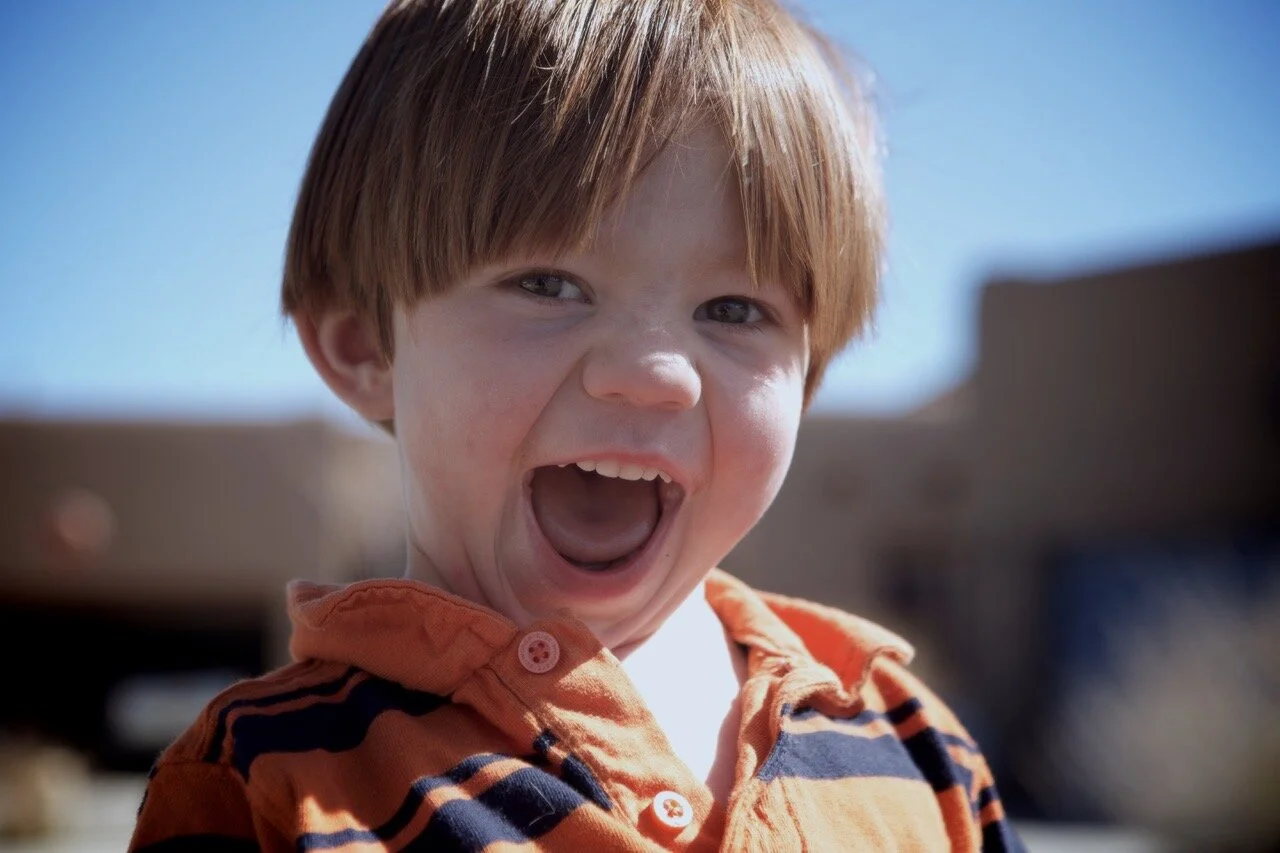Many children with autism are not getting the early intervention required to ensure they are able to function in their homes, communities and succeed in school. This is often a recipe for failure.
Most children with autism have average intelligence, just like any other child their age. Children with autism can; however, have challenges with communicating, especially if they have not received early intervention. Early intervention when done well can assist most children in gaining a functional system of communication.
Good early intervention is now available in most states in the US and is available in New Mexico. If pediatricians do the M-CHAT-R autism screening at 18 months children who flag for concerns for autism will be referred for evaluation and given a diagnosis of autism if appropriate. Once they receive the diagnosis they will qualify for intensive intervention through insurance (commercial and Medicaid). This intensive intervention most often comes in the form of Applied Behavioral Analysis (ABA) and it is typically provided one to one, in the home, for up to 40 hours a week. ABA is one intervention that can fulfill the promise of a bright future for almost every child on the autism spectrum. It often recommended and is medically necessary for children with autism because it has been proven to provide the most positive outcomes possible.
There are now a number of good ABA providers in New Mexico and many ABA providers throughout the US that provide intensive services to children and youths who have a diagnosis of autism. These ABA providers are a huge part of the solution and should be an accessible option for any child for whom it is deemed medically necessary or for any child who needs it to access their educational environment.
If you want more information contact Zoe Migel, LCSW, at Zoe@BrightFuturesAEI.com or 505-471-4505.
Here is to Bright Futures of all children!
#BrightFuturesASD




















